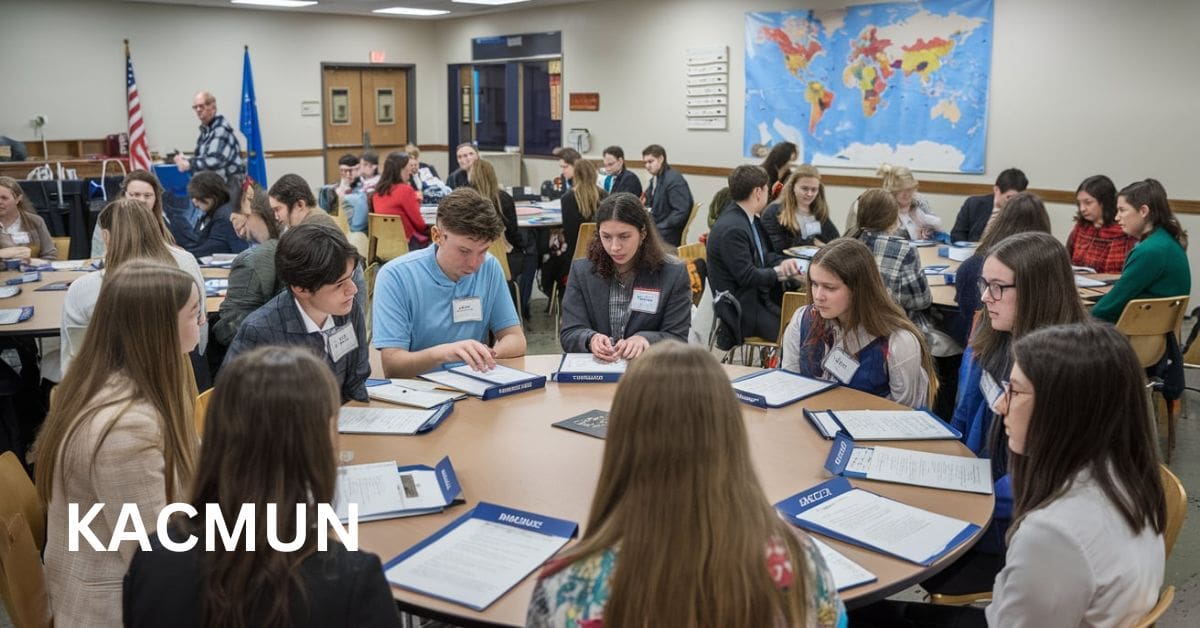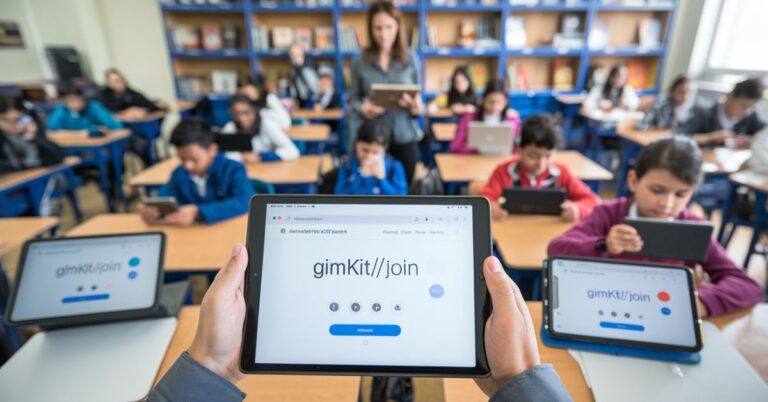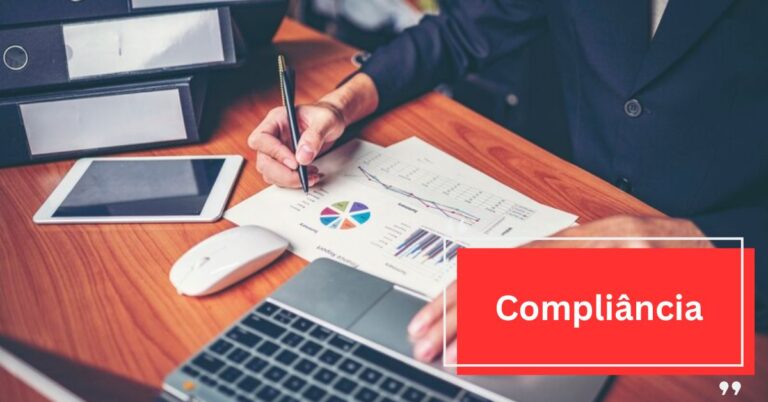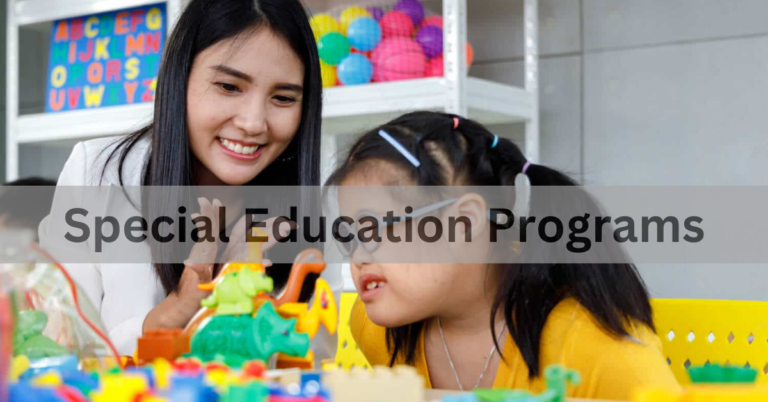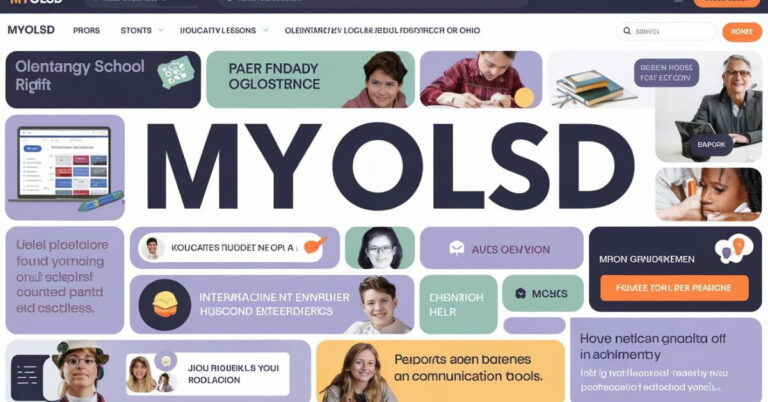Comprehensive Guide to KACMUN: Empowering Youth through Model United Nations
The KAC Model United Nations (KACMUN) program is a transformative after-school initiative tailored for underserved high school students in the Koreatown area. This comprehensive guide will delve into the details of KACMUN, exploring its impact, structure, and benefits. By the end of this article, you will have a deep understanding of how KACMUN operates, its significance, and its role in shaping future leaders.
What is KACMUN?
Overview of KACMUN
KACMUN, or KAC Model United Nations, is an after-school program specifically designed for high school students from underserved communities in the Koreatown area. The program aims to provide these students with a unique opportunity to engage in model United Nations activities, fostering skills such as public speaking, critical thinking, and diplomacy.
The Mission of KACMUN
KACMUN’s mission is to offer an enriching educational experience that helps students develop essential life skills. By simulating United Nations conferences, the program exposes students to global issues, encourages them to think critically about international relations, and prepares them for future leadership roles. This mission aligns with the broader goals of Model United Nations programs, which seek to educate young people about international diplomacy and global issues.
How KACMUN Operates
Structure of the Program
KACMUN operates as an after-school program, typically meeting once or twice a week. The program is divided into several key components:
- Educational Workshops: These sessions focus on teaching students about the United Nations system, international diplomacy, and public speaking skills. Workshops may include presentations, group discussions, and interactive activities designed to engage students and enhance their understanding of global issues.
- Model United Nations Simulations: Students participate in mock UN sessions, representing different countries and debating global issues. These simulations provide a hands-on learning experience, allowing students to apply their knowledge and skills in a simulated diplomatic environment.
- Leadership Development: The program emphasizes leadership skills, including negotiation, problem-solving, and teamwork. Through various activities and exercises, students learn to lead discussions, manage conflicts, and work effectively with others.
Curriculum and Activities
The KACMUN curriculum is designed to provide students with a comprehensive understanding of international relations. Activities include:
- Research Assignments: Students research their assigned countries and the issues they will debate. This process involves gathering information, analyzing data, and developing arguments to support their country’s position.
- Debate Sessions: Simulated UN sessions where students present their country’s position and negotiate with peers. These debates help students develop their public speaking and critical thinking skills while gaining insights into the complexities of international diplomacy.
- Workshops: Sessions on public speaking, research methods, and the workings of the UN. Workshops are designed to build foundational skills and provide students with the tools they need to succeed in Model United Nations simulations.
Benefits of Participating in KACMUN
Skill Development
Participating in KACMUN offers numerous benefits for students:
- Public Speaking: Students improve their ability to speak confidently in front of an audience. Regular practice and feedback help students refine their speaking skills, which can be valuable in both academic and professional settings.
- Critical Thinking: The program encourages students to analyze complex global issues and develop informed opinions. By engaging in debates and discussions, students learn to evaluate different perspectives and make reasoned arguments.
- Leadership Skills: Students learn to lead discussions, negotiate, and work effectively in teams. These skills are essential for success in various fields, including business, politics, and community leadership.
Academic and Career Advancement
KACMUN helps students in their academic and career pursuits by:
- Enhancing College Applications: Participation in KACMUN can strengthen college applications by demonstrating involvement in extracurricular activities and leadership. Colleges and universities often look for students who have shown commitment to their interests and developed valuable skills outside the classroom.
- Providing Career Insights: The program offers a glimpse into careers in international relations, diplomacy, and public service. By engaging in Model United Nations simulations, students gain insights into the work of diplomats, policy-makers, and international organizations.
Community Impact
KACMUN has a positive impact on the Koreatown community by:
- Empowering Youth: The program provides underserved students with opportunities they might not otherwise have access to. By offering a structured and supportive environment, KACMUN helps students build confidence and pursue their aspirations.
- Building Community Leaders: By fostering leadership skills, KACMUN helps to build a new generation of community leaders. These young leaders are equipped to address local and global challenges and make a positive impact in their communities.
Success Stories from KACMUN
Testimonials from Students
Students who have participated in KACMUN often share inspiring stories about their experiences. Many report increased confidence, improved academic performance, and a greater interest in global issues. These testimonials highlight the personal growth and development that students experience through the program.
Alumni Achievements
Several KACMUN alumni have gone on to achieve significant success in their academic and professional careers. Many have pursued degrees in international relations, law, and public policy, attributing their success to the skills and experiences gained through KACMUN. Alumni often return to share their experiences and mentor current participants, creating a strong network of KACMUN graduates.
How to Get Involved with KACMUN
For Students
Students interested in joining KACMUN can typically apply through their high school or local community centers. The program may have specific application requirements or prerequisites, so it’s essential to check with the program coordinators. Applications may involve submitting a form, attending an interview, or participating in an introductory workshop.
For Volunteers and Supporters
KACMUN relies on volunteers and community support to operate. Individuals interested in contributing can:
- Volunteer: Assist with workshops, mentor students, or help organize events. Volunteers play a crucial role in supporting the program and providing valuable guidance to students.
- Donate: Provide financial support to help fund the program and its activities. Donations help cover the costs of materials, event expenses, and other program needs.
- Spread the Word: Share information about KACMUN with others who might be interested in supporting or participating in the program. Increasing awareness can help attract new participants, volunteers, and donors.
Related FAQs
What is the main goal of KACMUN?
The primary goal of KACMUN is to provide underserved high school students with an opportunity to engage in Model United Nations activities, helping them develop skills in public speaking, critical thinking, and leadership. The program aims to prepare students for future success and leadership roles.
Who can participate in KACMUN?
KACMUN is designed for high school students in the Koreatown area. Participation is typically open to those who meet specific application criteria set by the program. Eligibility requirements may include academic performance, community involvement, and a demonstrated interest in international relations.
How often does KACMUN meet?
KACMUN generally meets once or twice a week after school. The exact schedule may vary based on the program’s needs and the availability of students. Meetings typically involve educational workshops, debate sessions, and leadership activities.
What skills can students gain from KACMUN?
Students can gain a range of skills from KACMUN, including public speaking, critical thinking, leadership, negotiation, and teamwork. These skills are valuable both in academic settings and future careers. The program also helps students develop a deeper understanding of global issues and international diplomacy.
How can someone support KACMUN?
Supporters can get involved by volunteering their time, making financial donations, or helping to spread awareness about the program. Community support is crucial for the program’s success, and there are many ways to contribute to KACMUN’s mission.
Conclusion
KACMUN is more than just an after-school program; it’s a powerful initiative that empowers underserved high school students in Koreatown by providing them with invaluable skills and experiences. By simulating United Nations activities, KACMUN helps students develop essential life skills, prepares them for future leadership roles, and positively impacts their academic and career prospects.
Through its commitment to education and community engagement, KACMUN stands as a testament to the power of providing opportunities for all students, regardless of their background. As the program continues to grow and evolve, it will undoubtedly continue to shape and inspire future leaders who are well-equipped to tackle the challenges of the global stage.

